There are many facets to Occupational Health and Wellbeing, but essentially;
Occupational Health – is a specialist branch of medicine that looks at the effects of work on health, and that of health on work. Occupational Health seeks to promote and maintain the highest degree of physical, mental and social well-being of employees in all occupations, with the focus being the prevention of work-related ill-health.
Employee Wellbeing is at the core of individual wellbeing, and so this aspect is a vital component to Occupational Health. While wellbeing is more personal and subjective, it is also universally relevant. Wellbeing encompasses the employee’s views and beliefs, environmental factors that affect them, and considers the experiences individuals have had throughout their lives that in turn may influence human behaviour, and choices. Wellbeing strategies are about encompassing the individual, the work environment, the culture and interpersonal relationships.
The objective of Occupational Health and Wellbeing is to:
- support employers in recruiting suitably fit individual’s and to advise on any reasonable adjustments that may support new employees in their role
- support employers and employees on the prevention of work related ill-health
- promote and support a healthy and safe working environment
- advise on, and support the maintenance of an employee’s working ability, and their functional capacity (to include advice and guidance on any reasonable adjustments that may support existing employees in their role)
- support employers in maintaining a healthy, happy and productive workforce
- ensure that all appropriate health, safety, and wellbeing advice and guidance is provided to enable you to make effective business decisions

